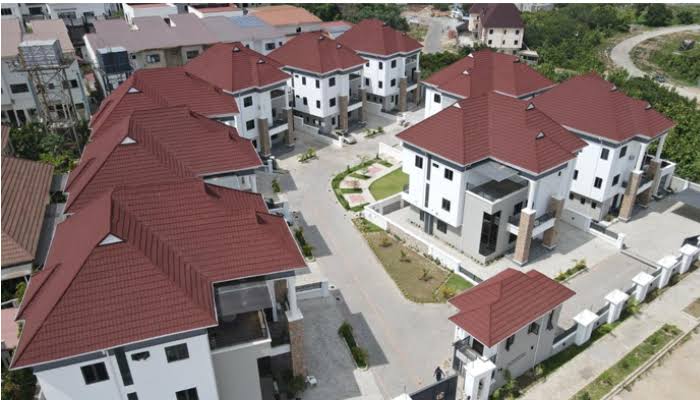
Nigeria’s economy expanded to N372.8 trillion in 2024 (equivalent to \$145.3 billion at the current exchange rate), driven largely by growth in the services, industry, and agriculture sectors.
Despite this expansion, citizens continue to grapple with a worsening cost of living crisis, as headline and food inflation stood at 22.22% and 21.97%, respectively, as of June 2025.
The National Bureau of Statistics (NBS) recently released its long-awaited rebased Gross Domestic Product (GDP) figures for the years 2019 through 2024. The new data shows that the economy grew from N205.09 trillion in 2019 to N372.82 trillion in 2024, reflecting modest growth over the five-year period.
In nominal terms, the economy recorded a growth rate of 17.81% in 2024. Notably, growth accelerated annually since 2020, except in 2022, with rates of 3.6%, 13.72%, 12.65%, and 14.12%, respectively.
In real terms, GDP grew by 3.04% in 2023 and 3.38% in 2024. For the first quarter of 2025, real GDP growth stood at 3.13%—the slowest pace since early 2024. This followed 3.76% growth in Q4 2024, 3.86% in Q3, and 3.48% in Q2.
According to WAFFI TV, this marks only the second time since 2014 that Nigeria has rebased its GDP to better reflect the country’s evolving economic structure.
However, the rebasing has not altered Nigeria’s standing in Africa, as it remains the fourth-largest economy on the continent—trailing South Africa (\$410.34 billion), Egypt (\$347.34 billion), and Algeria (\$268.89 billion), based on IMF estimates.
Despite the improved macroeconomic indicators, the growth has failed to translate into improved living conditions for most Nigerians, who continue to endure rising inflation and economic hardship.








